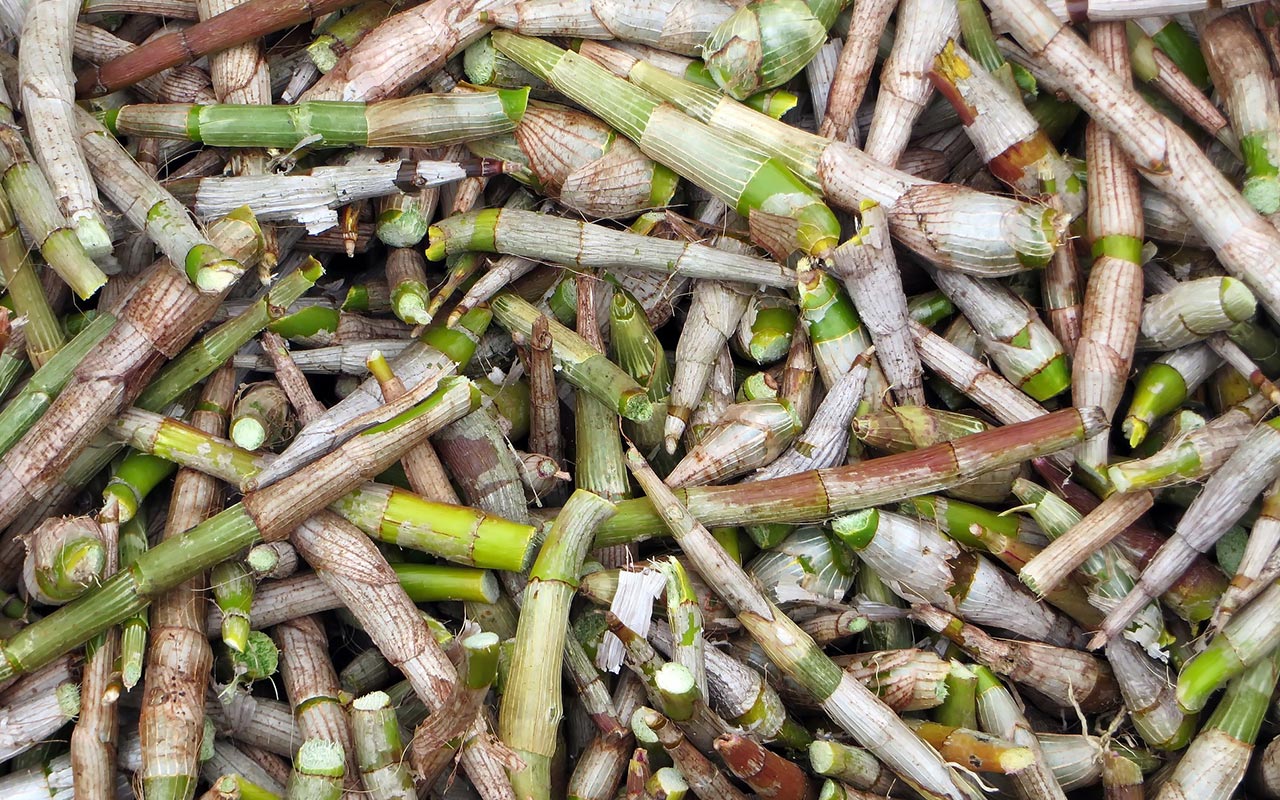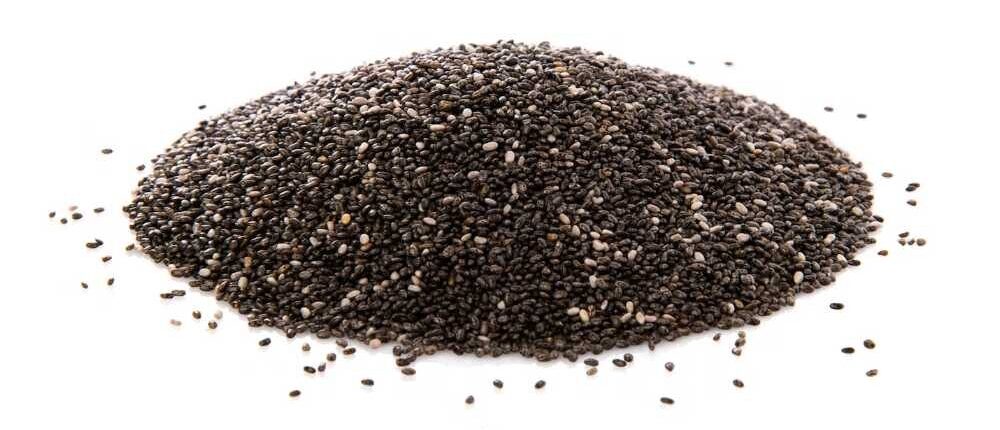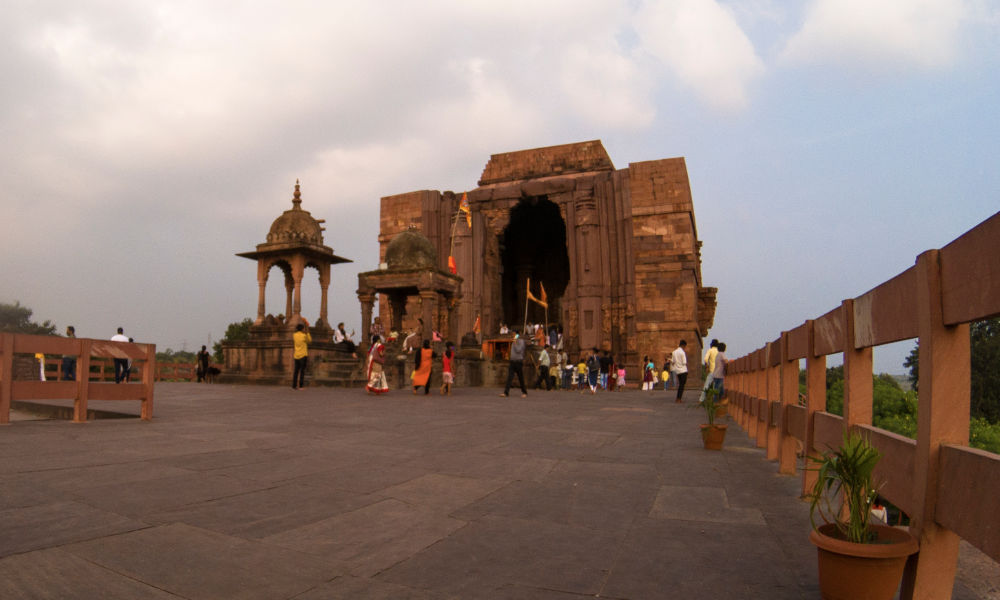Is eating bamboo shoots completely safe?

Bamboo shoots have been used as a traditional forest vegetable for more than 2500 years. Around hundred species out of 1200 recorded are grown or utilized for their shoots. In India, bamboo shoots are cultivated and consumed in North-East. Some varieties are consumed in Central India, Coorg and Malnad regions of Karnataka & Northern Kerala in Peninsular India. Annual consumption of bamboo shoots around the world is approx 4 million tonnes.
Why Bamboo shoots in diet?
- Fulfils energy needs (macronutrients)
- Provides sufficient amounts of essential nutrients (micronutrients)
- Reduces the risk of disease
- Low contaminants or potentially harmful pollutants, as shoots are covered in a sheath
Nutritional composition of bamboo shoots
Proteins
Bamboo shoots contain average protein content of 2.65 g per 100 g. They also contain 17 amino acids, including essential amino acids like serine, methionine, isoleucine, leucine, phenylalanine, lysine, and histidine.
Carbohydrates
A study on 14 species of edible bamboo shows that carbohydrate content vary between bamboo species, with highest in Bambusa tulda and lowest in Dendrocalamus asper and Dendrocalamus brandisii. Bamboo shoots are suggested in the diet as a carbohydrate source in nutritional therapy for diabetes in Malaysia
Fibre
Bamboo shoots have high amounts of fibre, ranging from 2.23 to 4.20 g/100 g fresh weight. High fibre content aids in bowel protection, reducing exposure of the body to carcinogens in food and fluids and reducing the blood pressure.
Lignans, which is an important component of fibre have anticancer and antimicrobial activity. (Lignans are important components found in cereals and other cruciferous vegetables (broccoli, brussels sprouts, cabbage, cauliflower)
Vitamins
Though bamboo shoots form an important delicacy in many Southeast Asian countries, not many studies have reported vitamin content in fresh shoots. Some species (Bambusa vulgaris, Dendrocalamus hamiltonii) have a high concentration of vitamin C. Vitamin E (0.26-0.42 mg/100 g) and ß-carotene (1.9lg/100 g) have also been reported in raw bamboo shoots.
Fatty acids
Bamboo shoots are known for low-fat content and contain important essential acids such as palmitic, linoleic, and linolenic acids, but the composition is remarkably different among different sections of bamboo shoots.
Bioactive compounds
Bamboo shoots are a good source of phytosterols that are precursors to many pharmaceutically active steroids found in plants. (Other rich sources of phytosterols include grain legumes such as chickpeas, lentils, and peas; cereal grains such as wheat, corn, millet, rye, and barley, vegetable oils including corn oil; and nuts such as pecans, pinenuts, pistachio nuts, peanuts, cashew nuts, and almonds.) An antitumor agent has been prepared from Moso bamboo.
Health benefits of bamboo shoots
Modern research has revealed that bamboo shoots have several health benefits, from cancer prevention and weight loss to lowering cholesterol level, improving appetite and digestion. There are instances of using locally available bamboo shoots by Karbi tribes in Karbi Anglong autonomous region of Assam state in India to control early stage of cancer. The shoots also contain anti-carcinogenic agents and making them a regular part of a diet effectively reduces the free radicals that can produce harmful carcinogens. It is also low in sugar and therefore can be used by persons on sugar-restricted diets.
Advantages of bamboo shoots over other vegetables
A comparative analysis of two species with common vegetables shows that both the bamboo species are rich in proteins and also the protein content is much higher than the common vegetables
Shoots also contain fairly high amounts of minerals like iron, manganese and zinc as compared to some commonly used vegetables like cauliflower, potato, ladies finger and brinjal.
Why it’s important to boil bamboo shoots before cooking?
During boiling, complex sugars such as stachyose and raffinose, which cause flatulence, can be converted to simple ones and thus the cooking of bamboo shoots could be beneficial.
A combination of glycosides such as taxiphyllin and hydrolytic enzymes in shoots acts as a primary deterrent against predators. The enzymes are activated when the cell structure of the plant is disrupted by a predator or as a result of physical damage and breaks glycosides to release hydrogen cyanide (HCN). HCN lends a bitter taste to the bamboo shoots. A high concentration of HCN is found in juvenile bamboo shoots, mainly to deter predation.
Is eating bamboo shoots completely safe?
Consumption of improperly prepared or unprocessed bamboo shoots may produce symptoms like rapid respiration, drop in blood pressure, dizziness, stomach pains, headache, vomiting convulsion, and coma.
HCN present in a concentration of 0.5–3.5mg/Kg body weight is considered as lethal and may cause serious health damage leading to death.
Proper boiling can remove HCN content and make shoots safe for consumption


